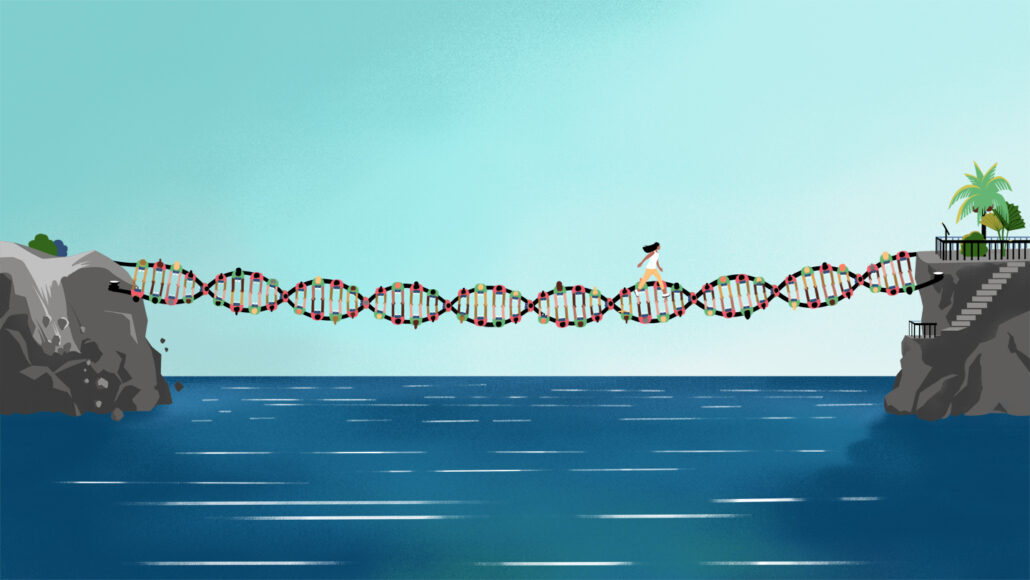Questions for ‘By not including everyone, genome science has blind spots’

A lack of diversity in genetic databases is making precision medicine less effective for many people.
Delphine Lee

A lack of diversity in genetic databases is making precision medicine less effective for many people.
Delphine Lee